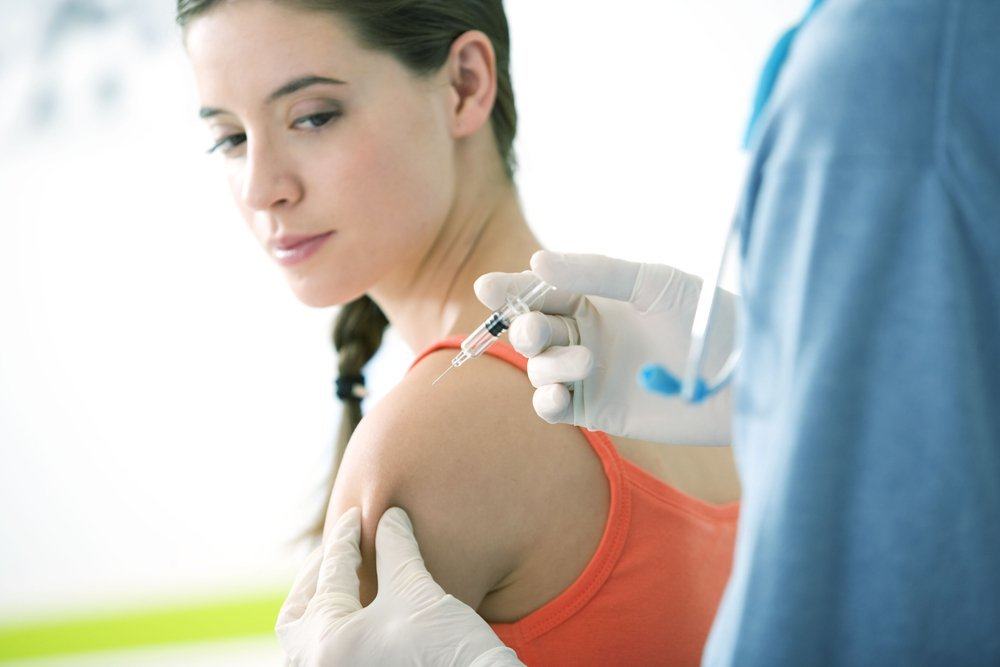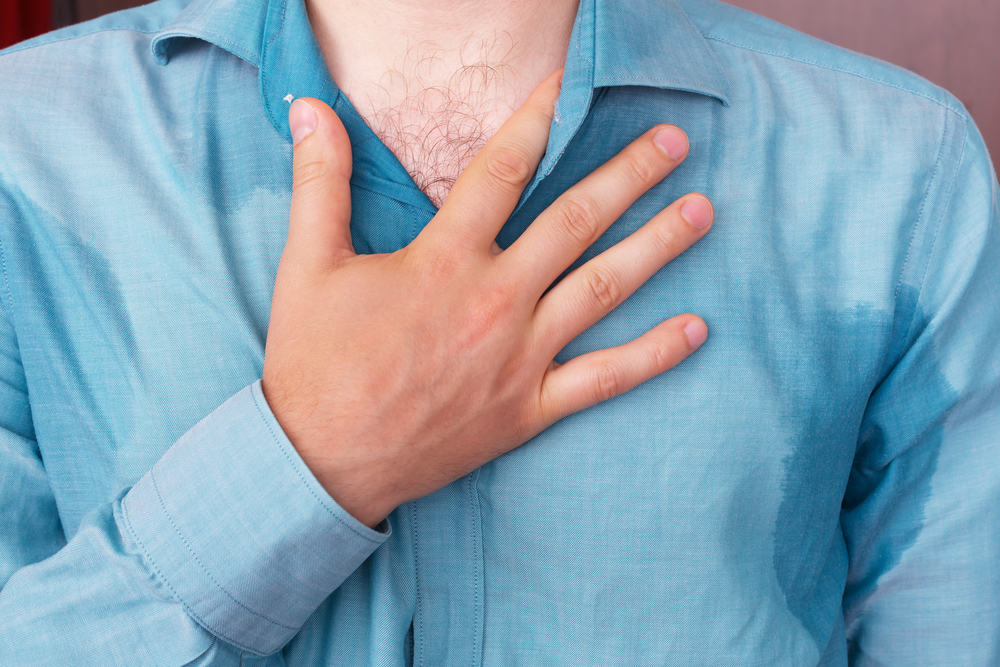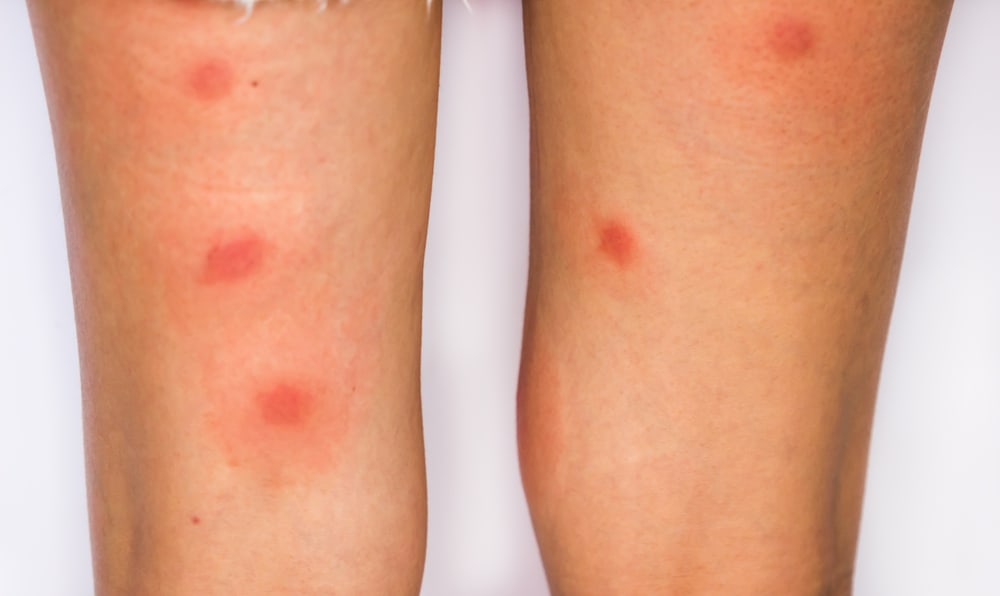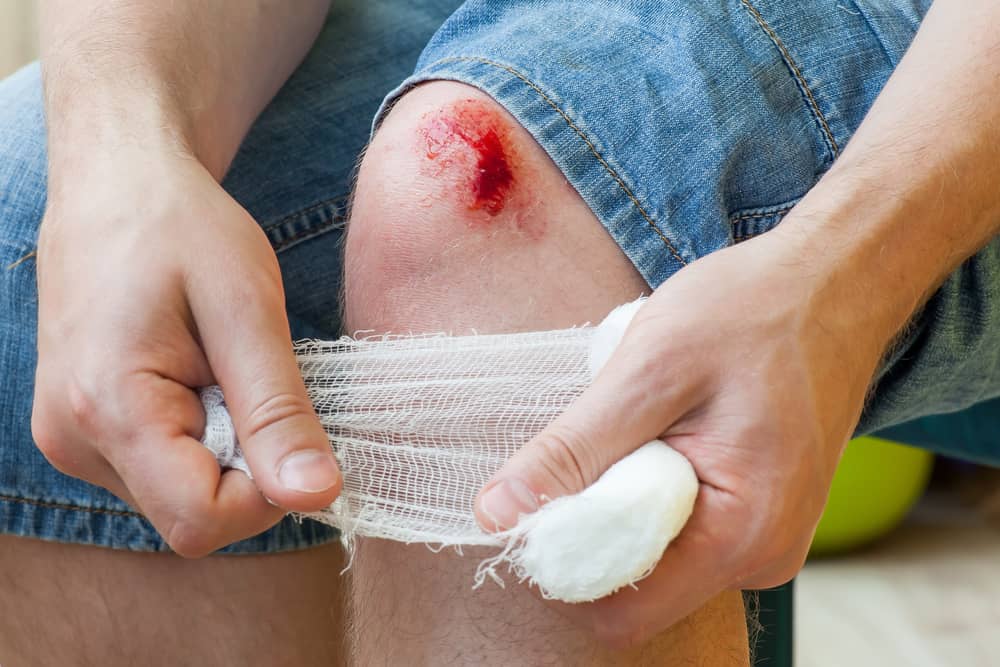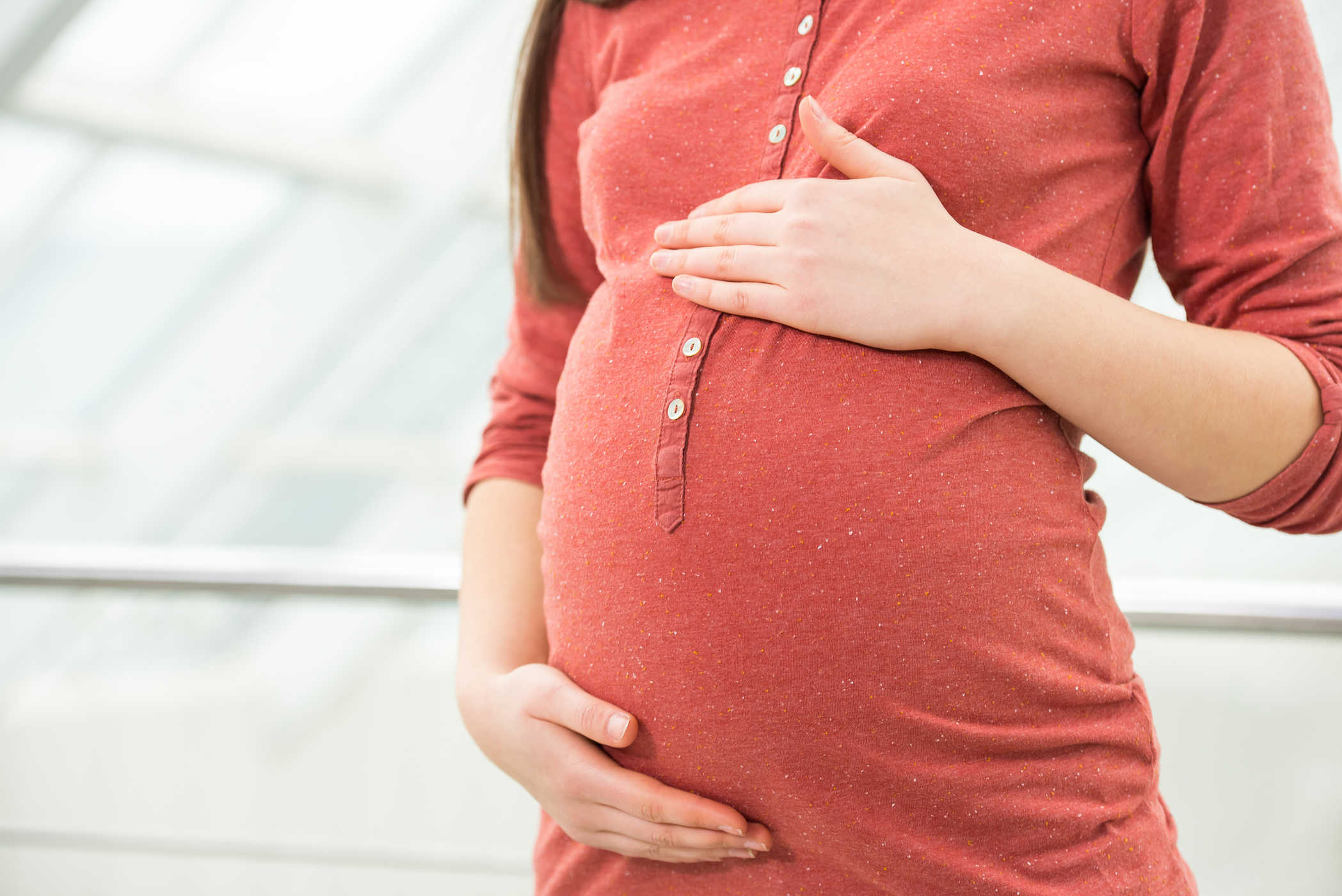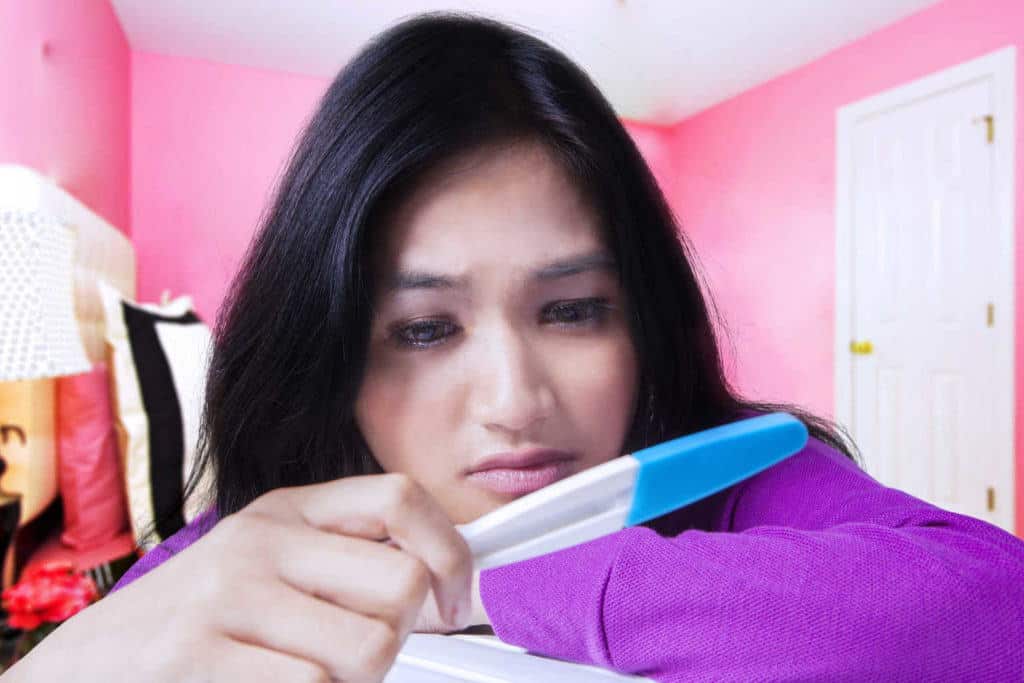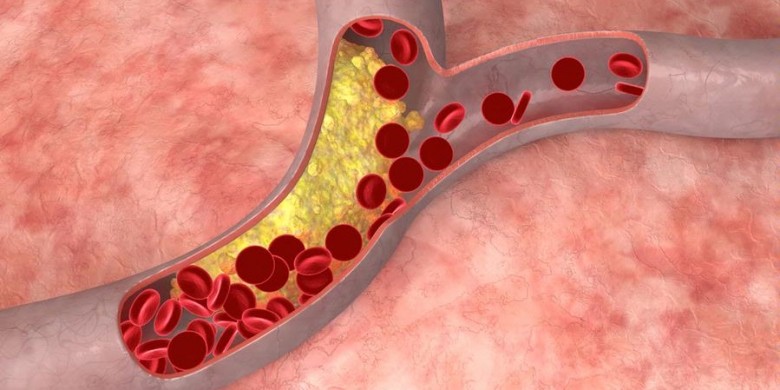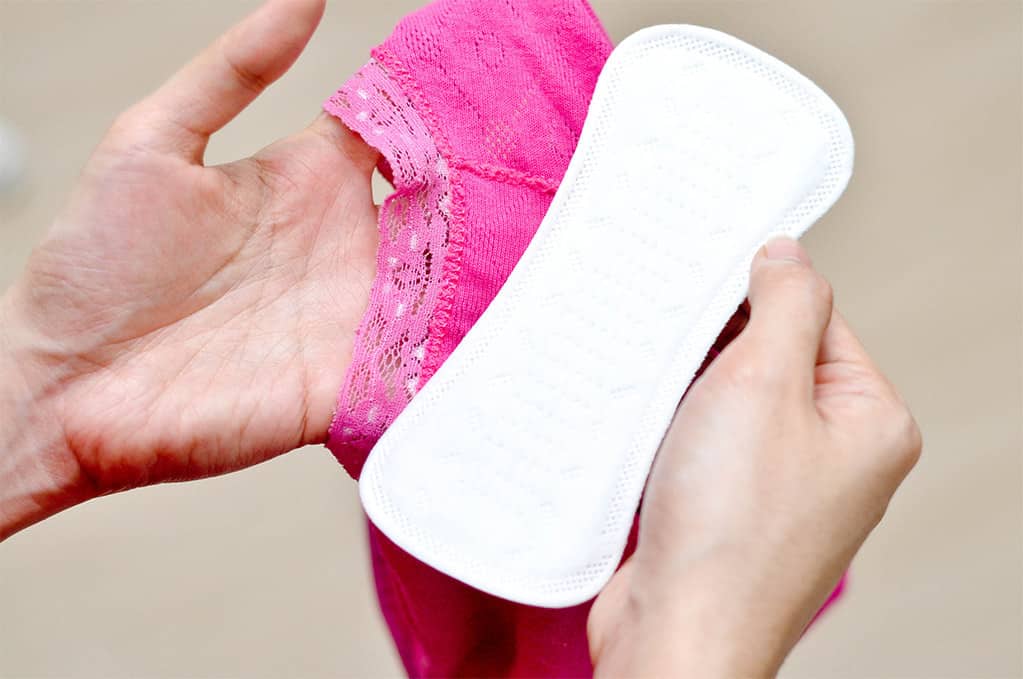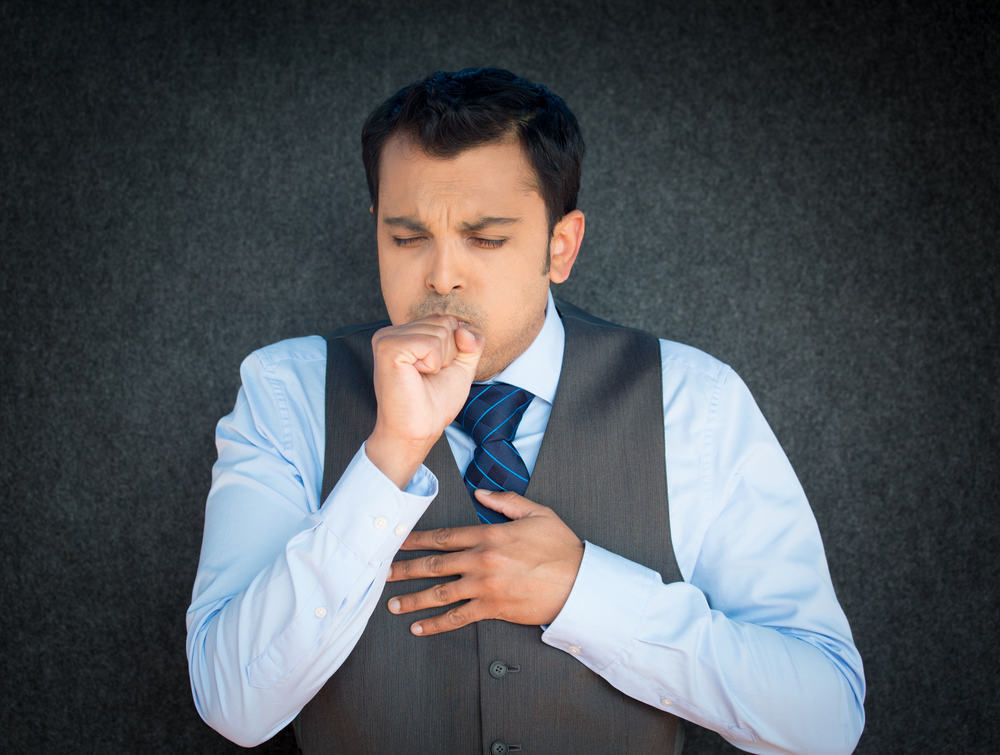Contents:
- Medical Video: HPV Vaccine Is Important For Mens Health Too HD
- Children need to get the HPV vaccine since the age of 11 years
- The HPV vaccine must be obtained before starting sexually active
- What is the procedure for giving HPV vaccine?
- Side effects that may occur after getting the HPV vaccine
- Precautionary measures for cervical cancer in addition to the HPV vaccine
Medical Video: HPV Vaccine Is Important For Mens Health Too HD
Cervical cancer is a malignancy that occurs in the cervix of a woman, or the area between the vagina and uterine sac. Data from the Ministry of Health shows that cervical cancer is the second highest malignancy in women in Indonesia after breast cancer. Cervical cancer is caused by the HPV virus (Human Papilloma Virus), which has more than 100 strains of the virus. The HPV virus which is the most common cause of cervical cancer is the HPV virus strain 16 and 18. Currently one prevention of cervical cancer is to use the HPV vaccine.
Children need to get the HPV vaccine since the age of 11 years
Experts say that the younger a person gets this vaccine, the higher the effectiveness of the vaccine will be. Girls are advised to get this vaccine starting at the age of 11 years. In men, this vaccine can be given from the age of 11 years to 26 years. By getting this vaccine, besides protecting yourself from strain HPV virus that causes genital wart disease, men can also reduce the risk of transmission strain HPV virus causes cervical cancer in future sexual partners.
The HPV vaccine must be obtained before starting sexually active
The HPV vaccine is most ideal given to those who have not been sexually active because the transmission of this virus occurs through sexual contact. All sexually active adults who have never received an HPV vaccine should be vaccinated.
Women who are sexually active must do so pap test first before using the HPV vaccine. Pap test is examination of cervical lining cells. From this examination, it can be seen whether the condition of your cervix is still normal or cell changes have occurred which indicate the process of malignancy. If results pap test normal, you may immediately use the HPV vaccine. If the results are abnormal, the doctor will do a follow-up examination (another biopsy / invasive examination) to ensure the occurrence of the malignancy process.
What is the procedure for giving HPV vaccine?
The HPV vaccine available in Indonesia functions to protect the body from infection with the HPV virus strain 6, 11, 16, and 18. HPV virus strain 6 and 11 are the main causes of genital wart disease.This vaccine is given by injection in the upper arm.
The HPV vaccine needs to be given 3 times within 6 months. The second HPV vaccine is given 1-2 months after the first HPV vaccine. The third HPV vaccine is given 6 months after the first HPV vaccine. For example, if you get the first HPV vaccine on June 1, the second HPV vaccine delivery schedule is at least July 1 or August 1, and the schedule for the third HPV vaccine is at least December 1. At present further research is being carried out on whether there is a need to repeat this vaccine after several years.
Side effects that may occur after getting the HPV vaccine
Side effects that occur after administration of this vaccine are generally mild, in the form of pain and redness in the area of the injection site. Severe side effects that are not common but can occur namely fainting and reverse blood clots. To avoid fainting, sit for at least 15 minutes after administering the vaccine. Reverse blood clotting usually occurs in patients taking oral contraceptives.
Pregnant women should not use this vaccine because until now there has not been a clear study of the side effects of this vaccine in pregnancy. This vaccine also should not be given if you have a history of allergies to the components contained in this vaccine (such as latex or yeast) If you are suffering from moderate or severe illness, giving this vaccine should be delayed until you are properly healthy. It is very important to discuss with your doctor about your health condition before using this vaccine.
Precautionary measures for cervical cancer in addition to the HPV vaccine
After getting vaccinated, it does not mean that you are fully protected from cervical cancer. As you know, the HPV vaccine that is available only protects you from a few strain HPV virus, not all of them. Precautions must always be taken.
Women should check pap test routine every 3 years, so that if there is a change in cervical tissue, it can be detected early. The combination of giving HPV vaccine with routine screening checks (pap test) is the best protection to prevent cervical cancer.
READ ALSO:
- Detect 3 Symptoms of Cervical Cancer
- 7 Mandatory Treatments to Maintain Vaginal Health
- What Is HPV and Why Should We Be Alert?

